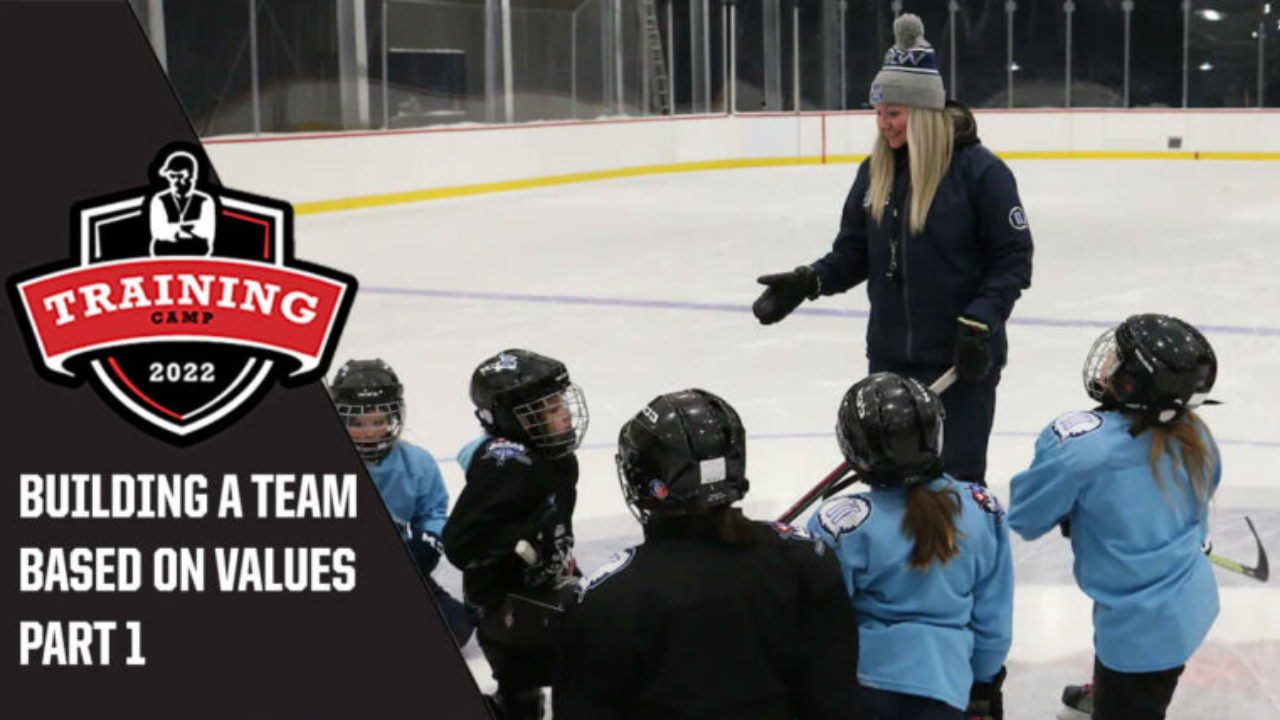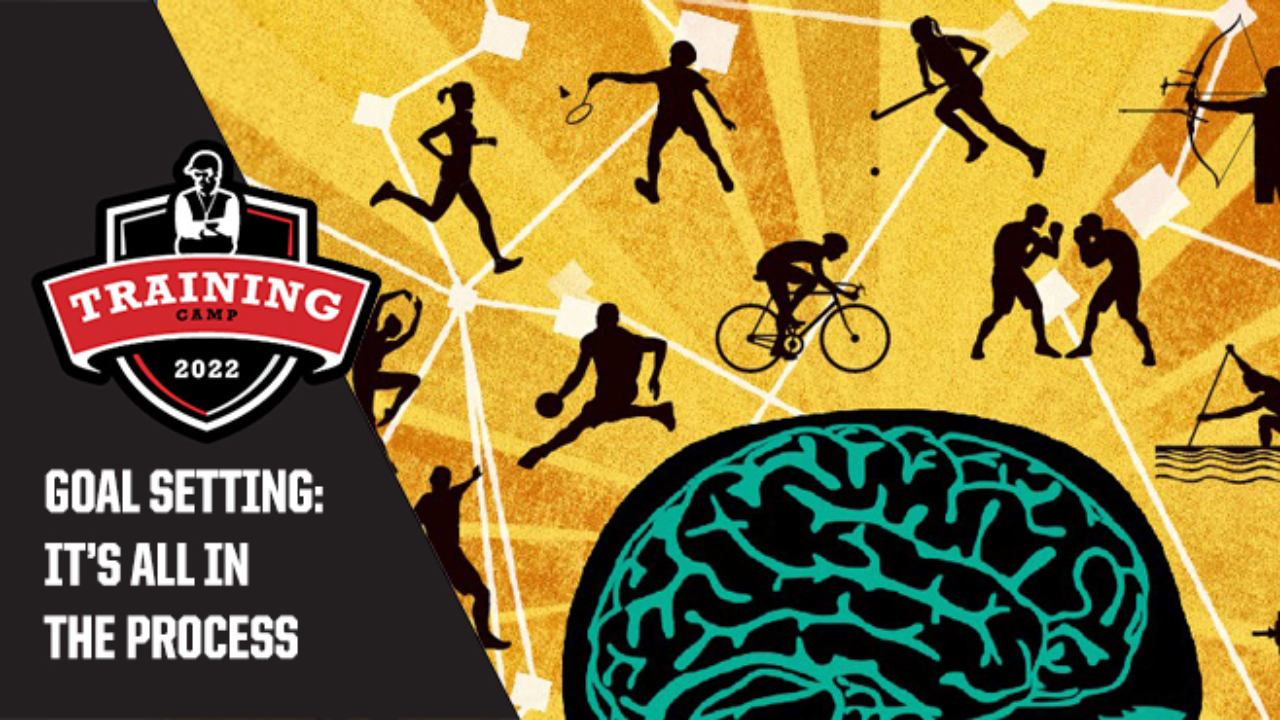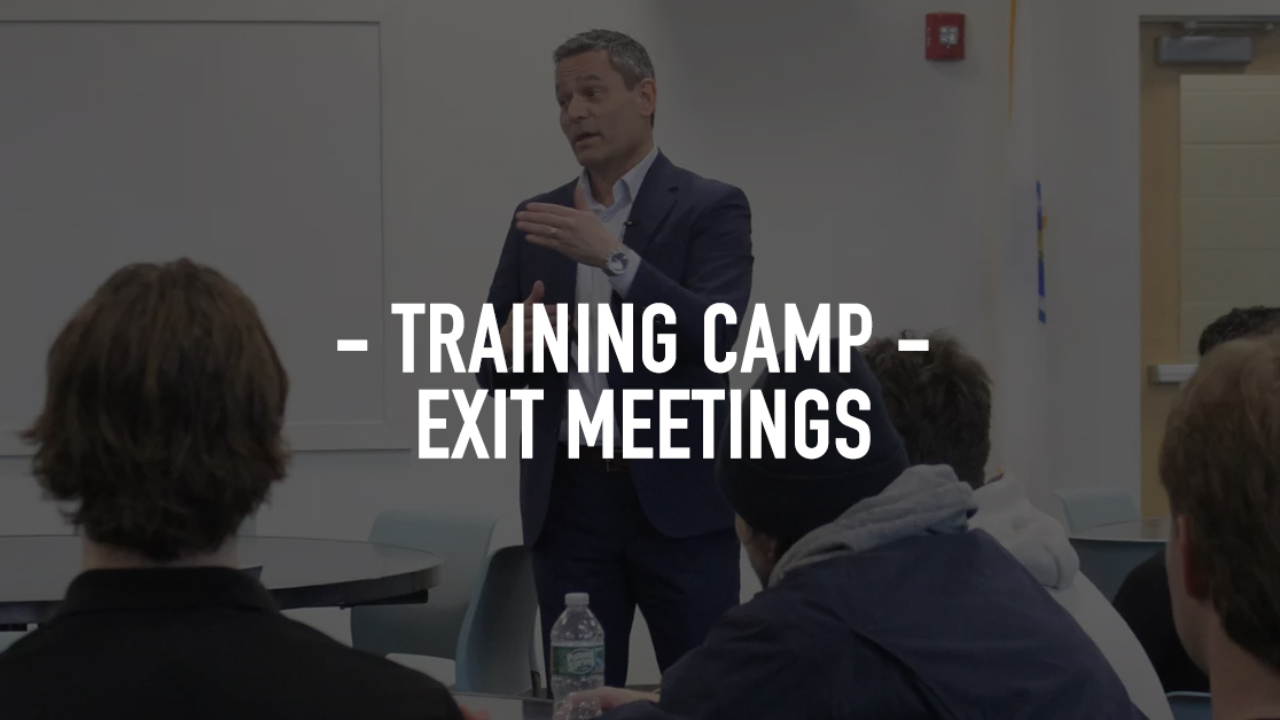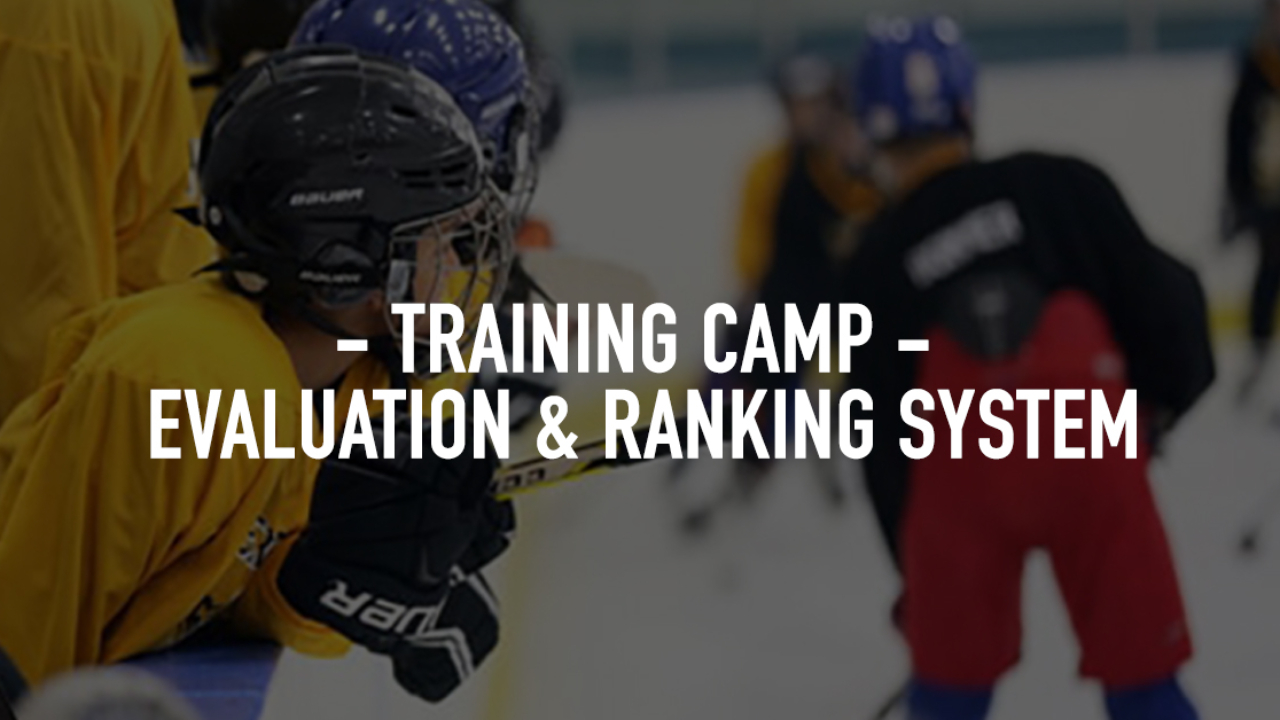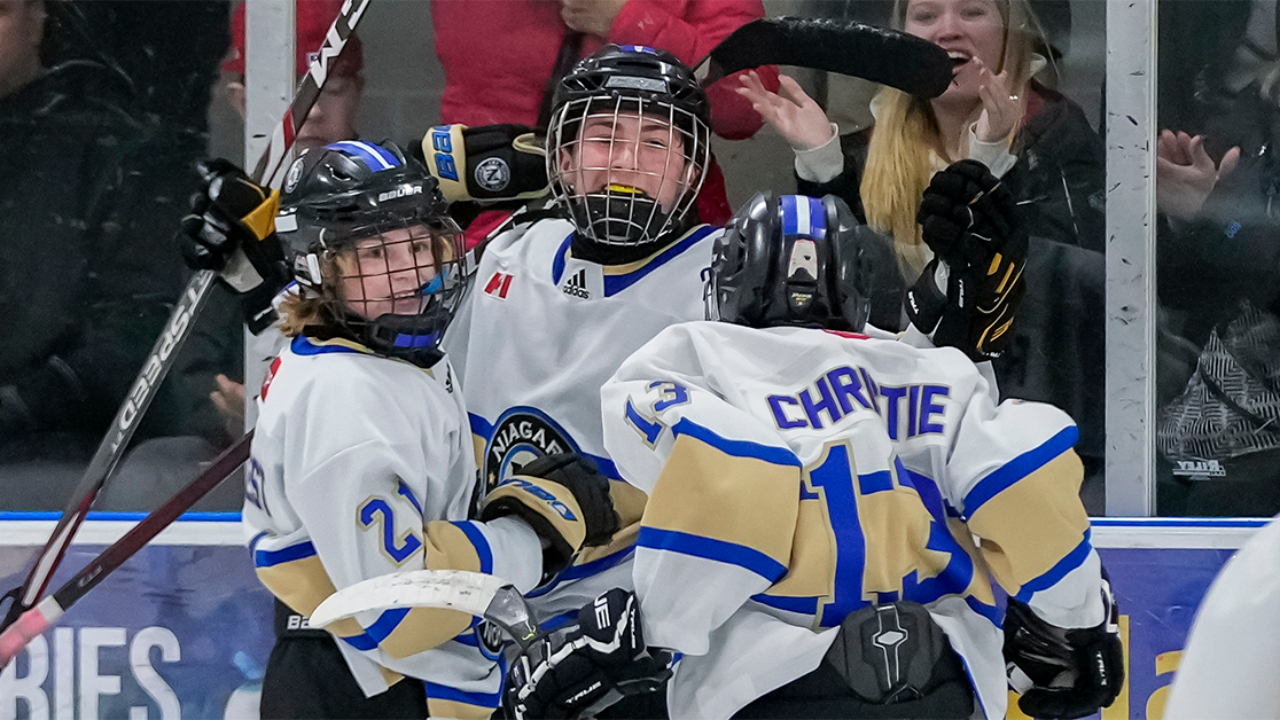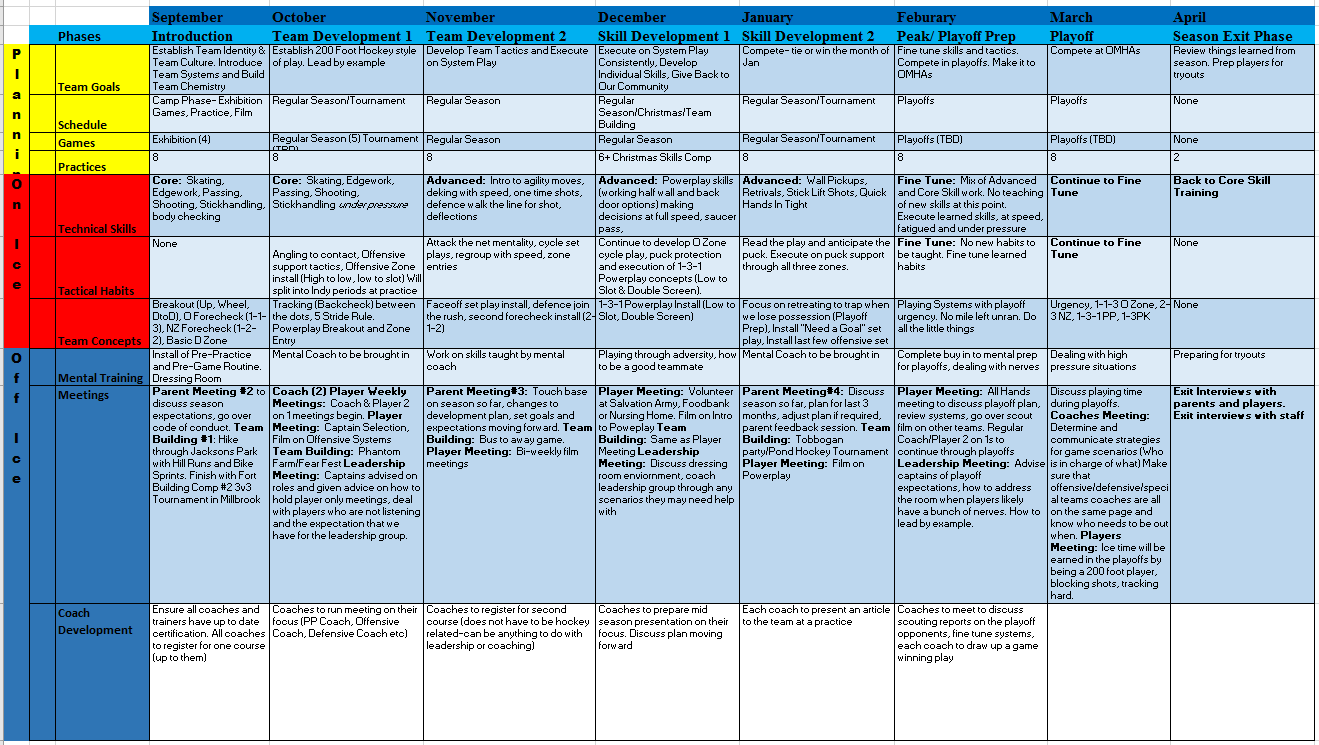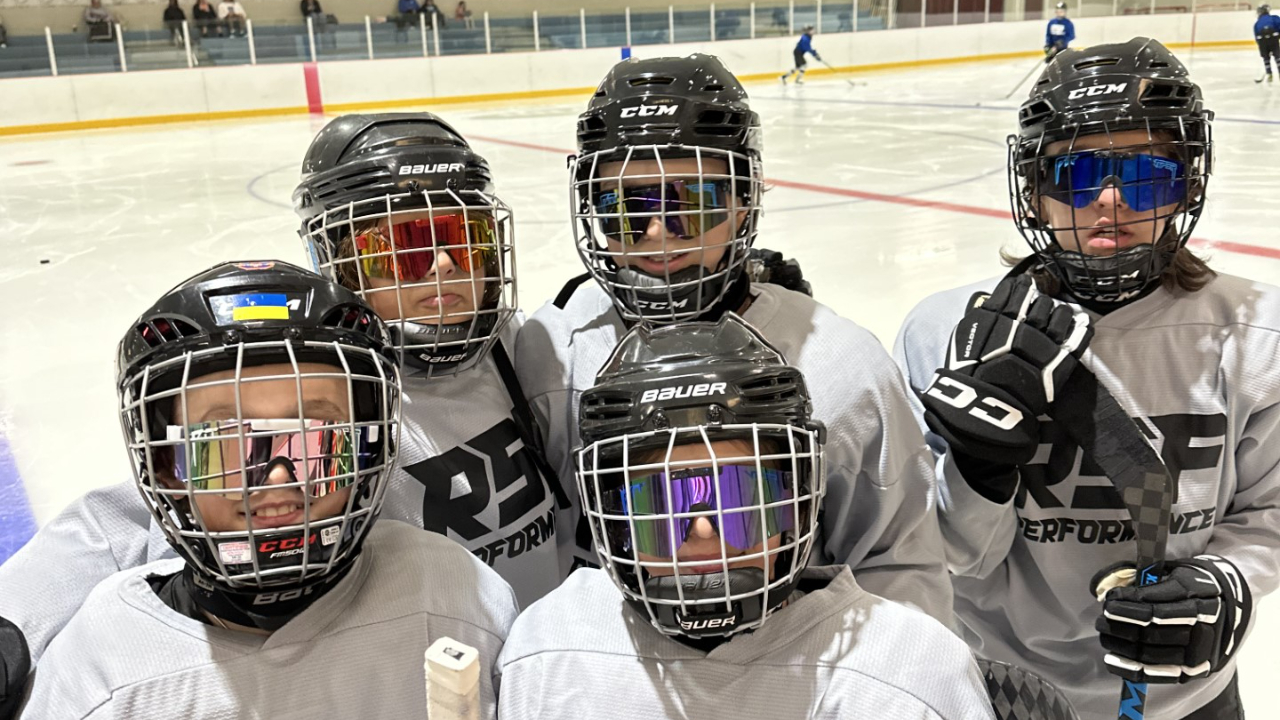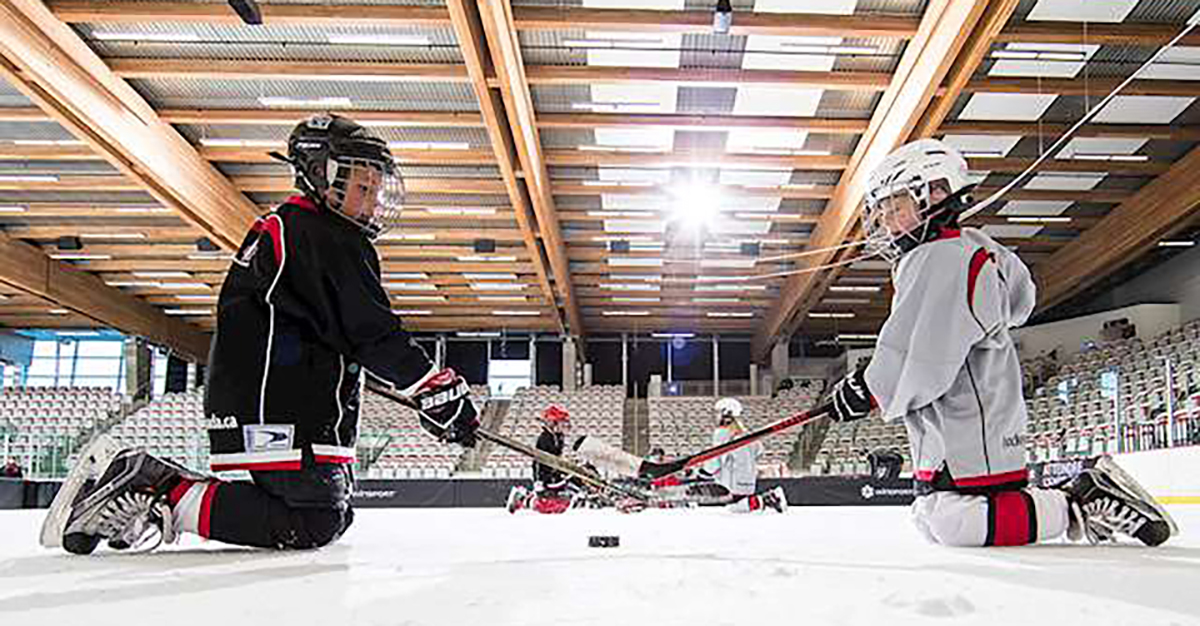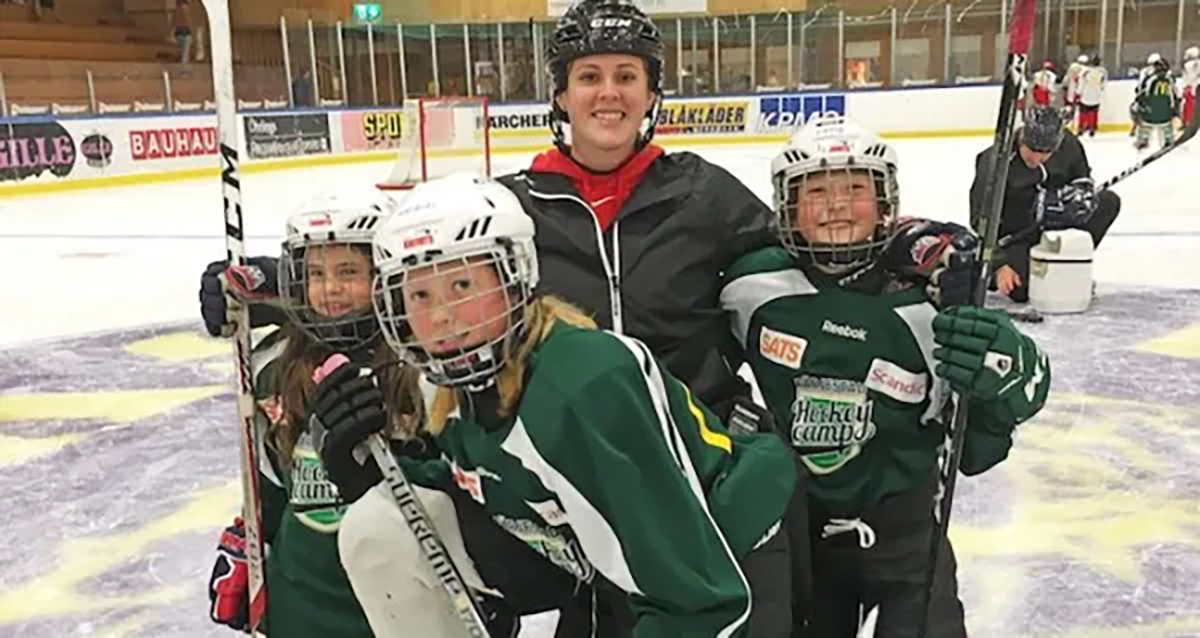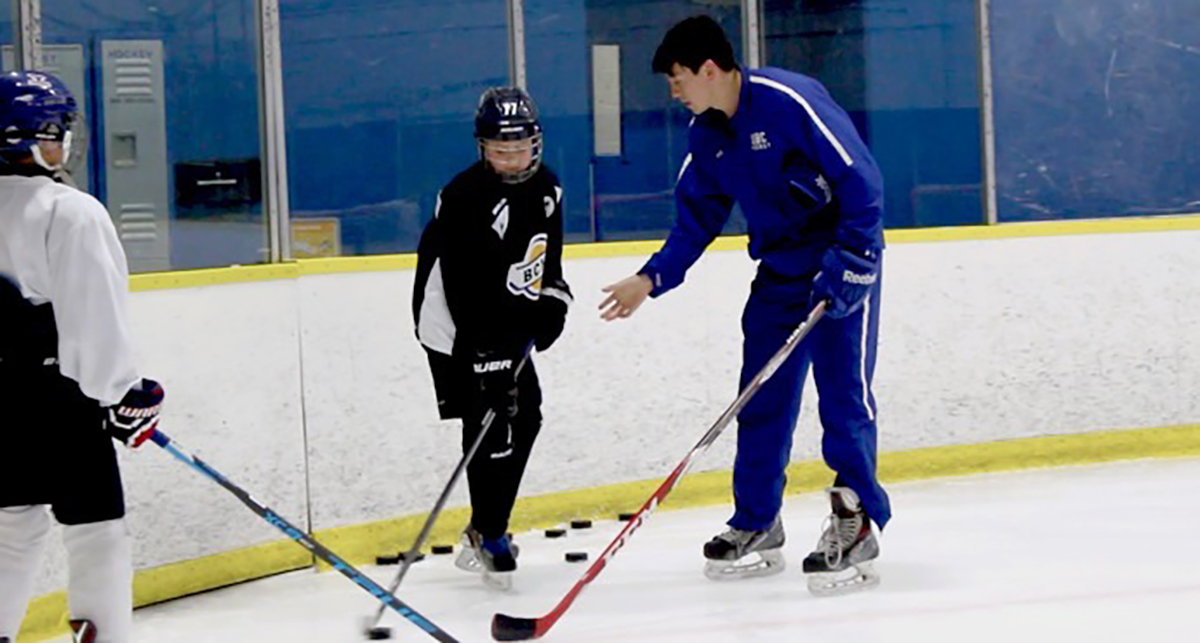
I watched a short video clip on The Coaches Site recently with Ken Hitchcock. Ken was saying that the majority of players these days need one on one coaching sessions. I couldn’t agree more with Ken’s statement. I would advance the statement to say all players need coaching sessions one on one. I would even add to the statement to say that every coach, team, and organization need one on one meetings because it is one of the best development tools out there to build strong relationships between coaches on a staff, the Head Coach with his GM and the GM with his owner.
The days of intimidating players and benching players to change a player’s behaviour should be part of our past. Don’t get me wrong, when all else fails there is a time and place for discipline. Taking away an athlete’s playing time is sometimes necessary but should be a last resort. If it is a chronic issue, the player should know in a one on one meeting that this disciplinary measure may result, if necessary.
It’s my strong belief based on personal experience that one on one meetings executed properly can lead to strong positive relationships between a coach and player (employee). For these meetings to be valuable, both the player and the coach must know there is value in attending the meetings. The meetings must be a conduit to helping the player achieve their goals and objectives and the coach his/her goals and objectives. These meetings require time, energy and effort when conducted properly. If the time, energy and effort isn’t part of the process the meetings will be a waste of time for the participants.
The business case for holding one on one meetings with players is an easy one to write. There is a lot of information out there in support of these meetings, which can be highly effective when executed properly.
Effective one on one regular meetings with players provide:
- A setting and process to forge strong relationships
- A platform for open, honest, and safe communications between player and coach(es)
- An opportunity to set clear expectations with a player on a regular basis and the chance for a player to set clear expectations with his/her coach
- An environment to listen and find out what is going on in the player’s life to be able to understand the player’s behaviours and provide support
- An opportunity to provide meaningful feedback to a player on their performance with tools like video to support the coaching session and replace bad habits with good habits
- An opportunity to listen to a player’s self-performance assessment/evaluation
- A platform for development planning; setting goals, objectives, and the key necessary work to be done to accomplish goals
- A means of following up on the development plan in a constructive environment and format
- A platform to teach, coach, and work on character development issues that may need strengthening
- Character muscles are the same as the muscles in the body, they need to be exercised to remain strong and fit for maximum performance
- An opportunity to put a self-improvement plan together to deal with any current issues
- An opportunity to have open lines of communication and send messages the player should want to hear and know because they support his/her development and ability to control their own destiny
The common theme between successful sports teams and private sector businesses is their ability to evaluate, recruit, and develop talented people. One on one meetings are an effective tool in this process. You can’t coach any individual who doesn’t want to be coached. I recommend you take the first step in coaching and that’s to forge a strong relationship with each player.

